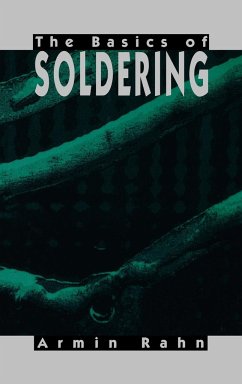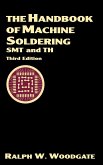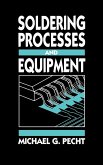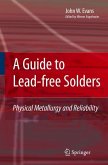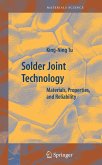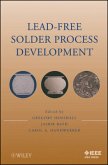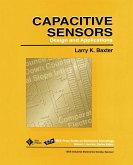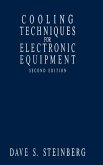Most books on soldering work like cookbooks; they purport to offer the correct recipe for every task and each new situation. More realistically, this book helps engineers and quality controllers to adapt techniques and processes to changing situations along the electronics production cycle by affording them with an environment in which production problems can be solved through flexible thinking based on scientific fact. It achieves this aim in great part by providing a clear and coherent blending of the chemical and physical theory behind soldering technology with practical applications in the electronics manufacturing industry. Throughout The Basics of Soldering the focus is on the complex interrelationships of the different parameters. Through-hole and surface-mounted joining are treated in full, as are cleaning and statistical quality control. Instead of just the usual "cooking recipes" found in most books on the subject, readers will find well-founded scientific theories combined with exhaustive coverage of contemporary methods and materials and a thorough understanding of real-world applications of soldering technology. The result is faster problem solving, more effective training of new personnel, and a better understanding of soldering and related technologies. Because it is based on a successful seminar series, The Basics of Soldering is also an excellent teaching tool, well suited to both graduate and upper level undergraduate courses.
Hinweis: Dieser Artikel kann nur an eine deutsche Lieferadresse ausgeliefert werden.
Hinweis: Dieser Artikel kann nur an eine deutsche Lieferadresse ausgeliefert werden.

